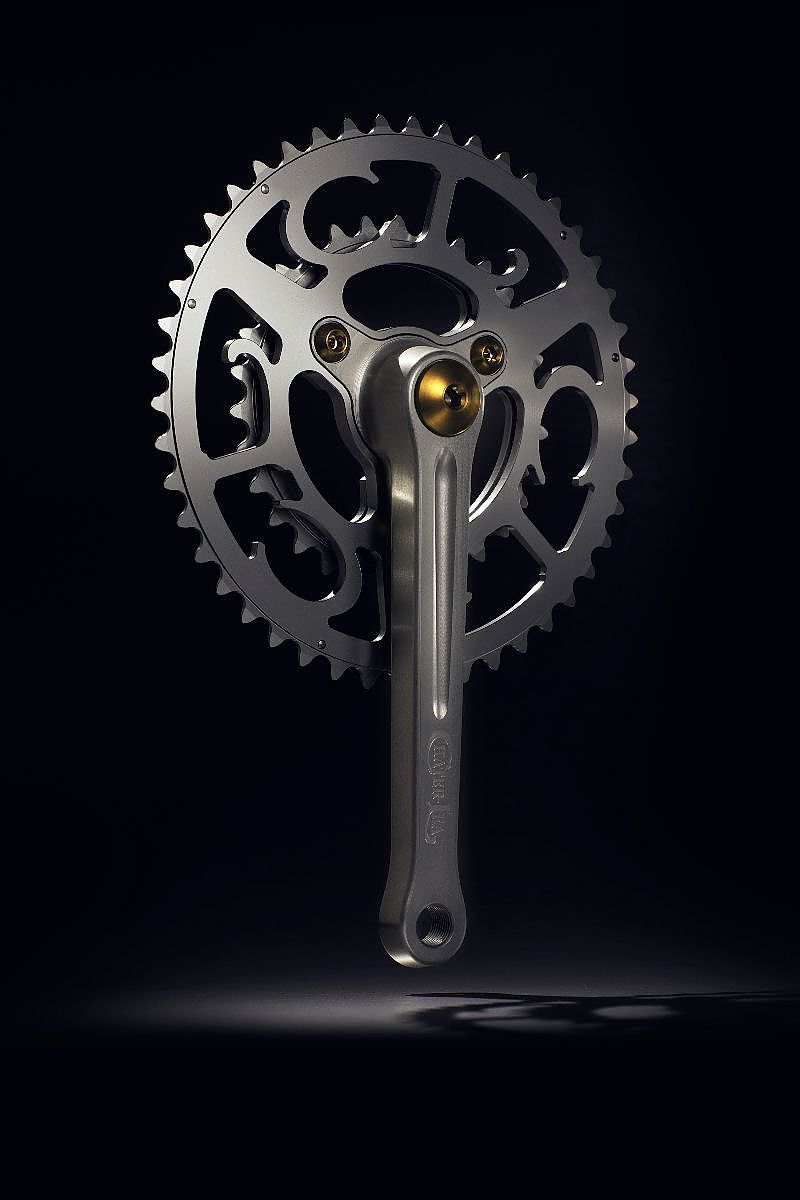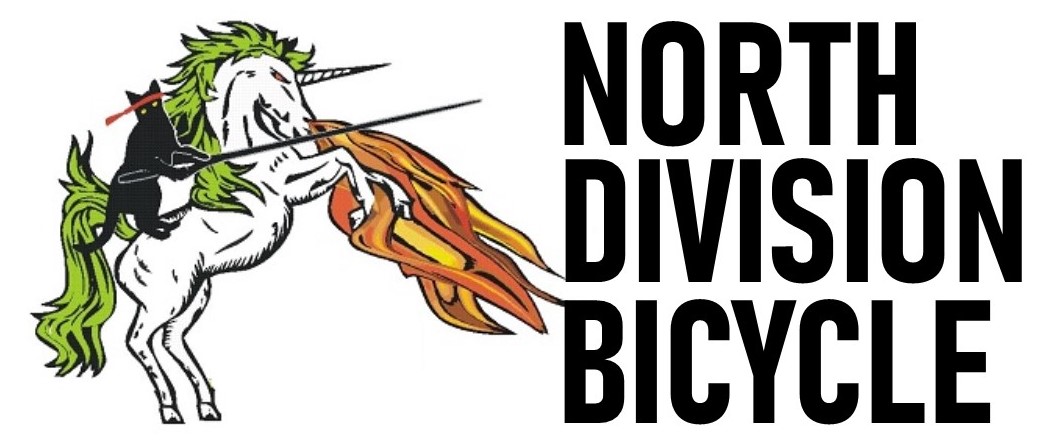Well, they weren’t totally deserted:
The cops were looking at their smart phones. I’ll give them the benefit of the doubt and assume that the NYPD is using those devices to communicate with their officers.
I will write about that bike lane soon.
In the middle of the journey of my life, I am--as always--a woman on a bike. Although I do not know where this road will lead, the way is not lost, for I have arrived here. And I am on my bicycle, again.
I am Justine Valinotti.
 |
| Primoz Roglic (in polka dots) and Tadej Podacar |
As you know by now, Supreme Court Justice Ruth Bader Ginsburg passed away on Friday night.
I heard the "breaking news" on the radio that evening, as members of an observant Jewish family were returning from shul to their home just up the block from me. Rosh Hoshannah had just begun. In times past--and in some Orthodox communities--it's heralded by sounding a shofar: a horn made from a hollowed-out ram's tusk.
The shofar was, and is, still used to call attention to significant events, and to warn of danger. RBG's passing seems like a shofar blast.
She didn't single-handedly keep women from living out the nightmare of The Handmaid's Tale. But very few people did more to bring the status of women and girls--and, by extension, others who have been disenfranchised--closer to equality with that of men and boys.
While I didn't know her personally, I have the sense that she did what she did because of something she understood, perhaps viscerally, and which I came to understand during my gender transition: Anyone who doesn't have agency over his or her body and mind is a slave.
When I understood that, I believe, I truly became a feminist. Before that, I supported a woman's right to choose, in all areas of life (including reproduction), and equal opportunities. But, until I started living as a woman, they were merely "issues." Once I began my transition, I realized they were matters of my own life: Even though I never have been, and never will be, pregnant--and, thankfully, do not have to worry about having a hysterectomy without my consent-- I realize now that I could choose to take medications and undergo medical procedures to align my body with my psyche without having to ask permission from any man--or worrying about being imprisoned for violating a law written and enforced by men.
I could also continue cycling for the same reasons. Until recently, women weren't allowed to ride--or drive--in Saudi Arabia. In other societies, women and girls are discouraged, or even intimidated, away from such things.
My life--which includes cycling--is possible, in part, because of Justice Bader Ginsberg's work. Her passing is, among other things, a warning, or at least a signal, that I cannot take it for granted: a shofar blast, if you will.
In my will (yes, I have one of those), I have specified, among other things, that I want my body used for medical or scientific research. Beyond that, I don't care what happens to me or how anyone chooses to memorialize me.
Well, all right, I don't care much. There are some things, though, I don't want:
I mean, I like sports as much as the next person. But a funeral party in a sports bar? People actually do such things?
You learn all kinds of things while bike riding!
It looks like electric bikes, or e-bikes, are here to stay.
Although I don't plan to start riding one any time soon, I have nothing against them. If anything, they're good for people whose knees are giving out on them, or for other people who--whether through aging or some other cause--don't have the strength or stamina they once had but still want to pedal two wheels.
What makes them controversial, though, is their relationship with unmotorized bicycles, other motorized vehicles--and traffic, whether it consists of pedestrians, cyclists or motor vehicles. Specifically, should they be subject to the same rules and regulations as, say, motorcycles? Or should they categorized with non-motorized bicycles and be allowed to share designated bike lanes and paths with them?
Cities, states and other jurisdictions are coming up their own mandates. Beach resorts and towns face another question: Should electric bikes be permitted to roll alongside regular bicycles on boardwalks?
The City Council of Ocean City, Maryland will have to come up with an answer to it when it meets on Monday. Last week, Councilman Tony De Luca introduced an ordinance that would have amended the city's traffic and vehicle codes to allow Class One motorized bikes--ones that stop assisting the rider when a speed of 20 MPH is reached--on the boardwalk. Class Two and Three e-bikes, which have a throttle and can reach higher speeds, would have been banned.
DeLuca's proposal didn't garner enough support to become part of the city's law. On Monday, the Council will hear opposing recommendations from the Bike Committee and the police commission. The former cites e-bikes' usefulness for people who are rehabilitating from an injury or have bad knees, while the latter points to difficulties in enforcing e-bike rules and the fact that cities like Virginia Beach ban them altogether.
 |
 |